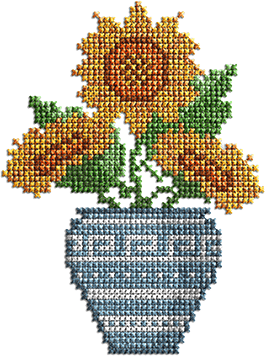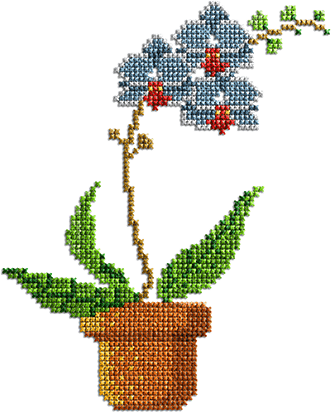Previous Page
Home
Next Page
Taking INQOVI


The term "myelodysplastic syndromes (MDS)" refers to a group of conditions, which are sometimes called bone marrow failure disorders, that can lead to abnormalities in the blood. MDS occurs when bone marrow produces fewer healthy blood cells that work properly.
MDS is a rare type of blood cancer.
MDS is not contagious. In very rare cases (up to 10%), MDS can be linked to inherited conditions (meaning they run in your family). Talk to your healthcare provider about inheritable disorders related to MDS.


The cause of MDS is unknown in more than 80% of diagnosed patients. You may be at greater risk of MDS if you:
INQOVI is an oral combination pill made of decitabine and cedazuridine. Decitabine has been used to treat MDS for many years, but was previously only available as an intravenous (IV) infusion. Cedazuridine is an ingredient that allows INQOVI to be taken by mouth.
In clinical trials, INQOVI was shown to be effective in some patients with myelodysplastic syndromes (MDS), including CMML.
CMML=chronic myelomonocytic leukemia

In a trial of 133 people, 21% had a complete response
Of the 57 people who needed blood transfusions* before starting the trial, 53% no longer required blood transfusions after treatment with INQOVI*
*In this trial, blood transfusions could mean either red blood cell or platelet transfusions. Patients who did not need blood transfusions were able to go without a transfusion for 56 days.

INQOVI is for adult patients (18+ years of age). INQOVI was primarily studied in patients with intermediate- or high-risk types of myelodysplastic syndromes (MDS), including CMML. Your healthcare provider will determine if INQOVI can treat your type of MDS. It is not known if INQOVI is safe or effective in children.
The revised International Prognostic Scoring System is used to help predict the course of MDS in your body and your risk level for progressing to AML. Risk level (low, intermediate, high) is determined by your hemoglobin, blood cell counts, and genetic tests. You can talk to your healthcare provider about your risk level.
Be sure to talk to your healthcare provider before taking INQOVI if you
Tell your healthcare provider about all the medicines you take, including prescription and over-the-counter medicines, vitamins, and herbal supplements. Know the medicines you take. Keep a list of them to show your healthcare provider and pharmacist when you get a new medicine.
AML=acute myeloid leukemia
If you have been diagnosed with MDS, navigating your treatment journey can be overwhelming. It's important to talk with your healthcare team about any questions you may have about MDS and INQOVI as a treatment option so you can feel more informed when making treatment decisions.

Review our guide for getting this important conversation
started with your doctor.
Home
Taking INQOVI